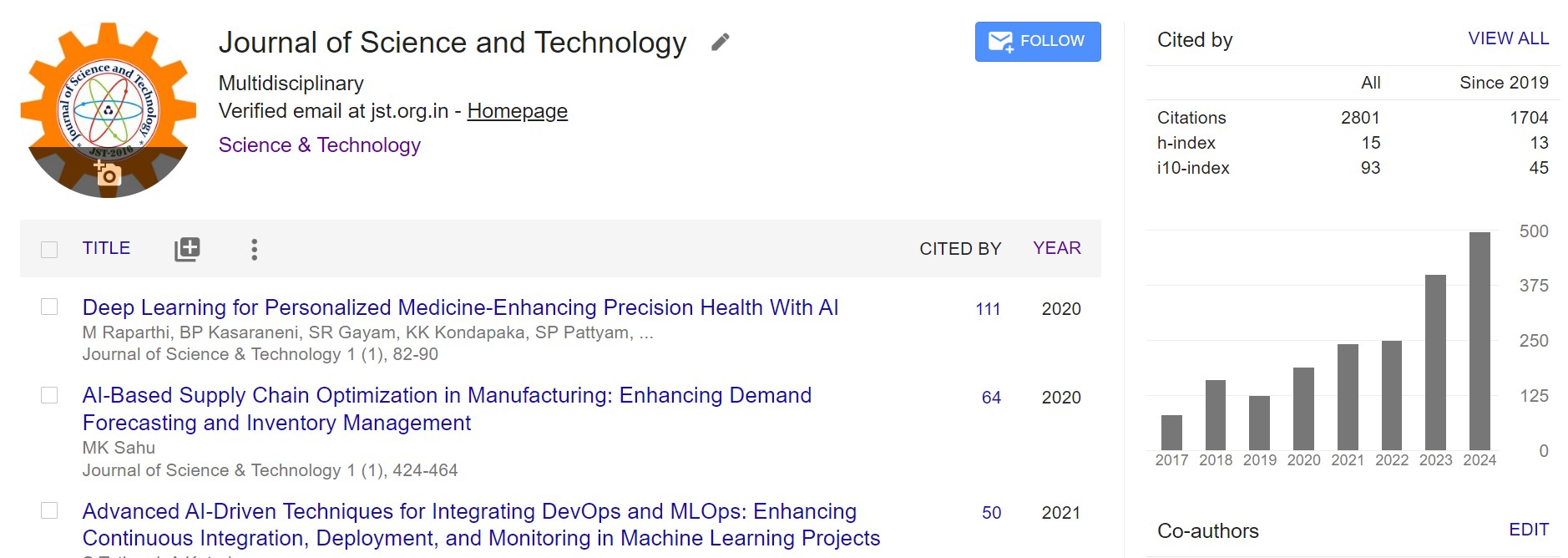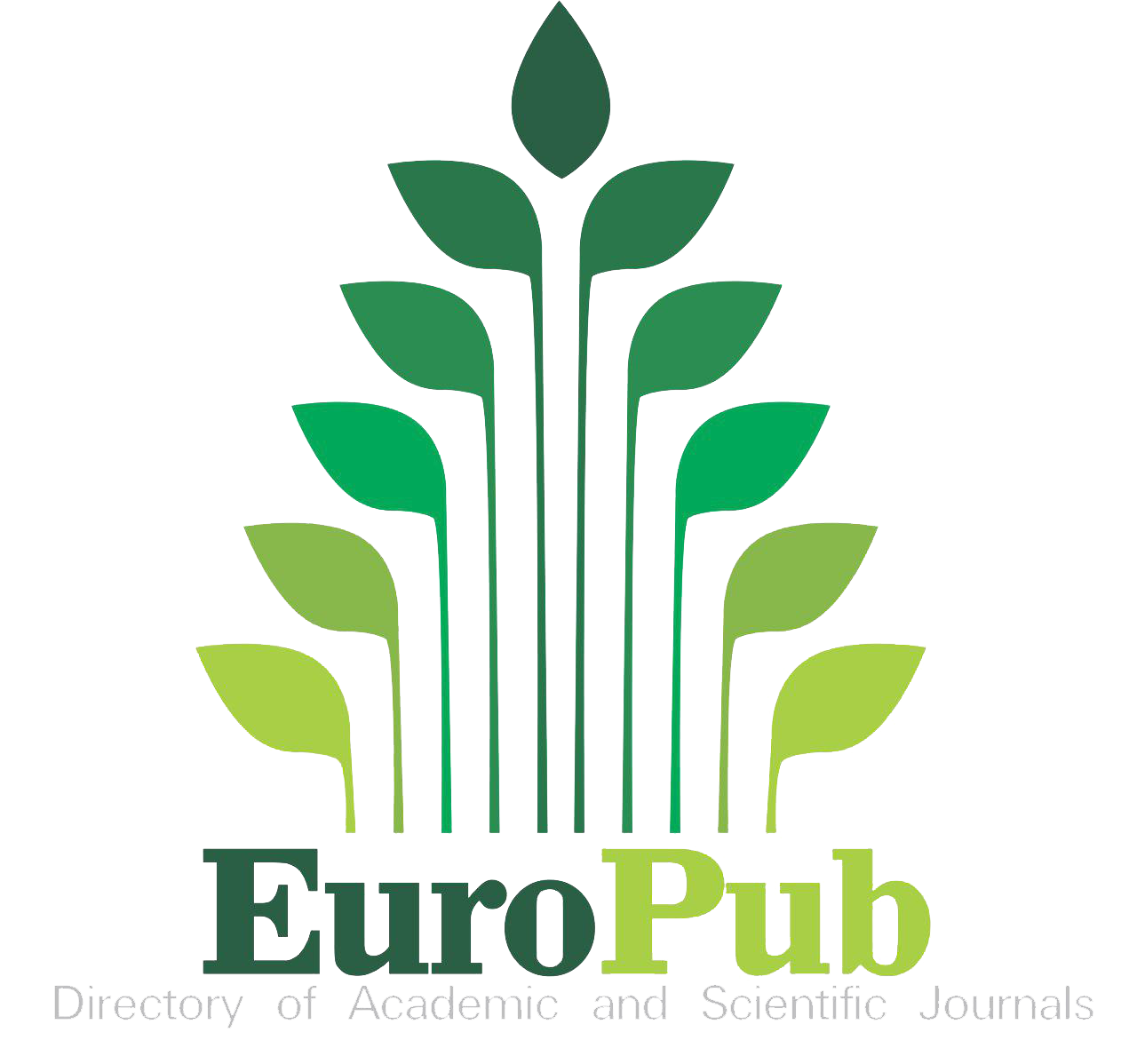Depression Detection On Social Media Data Using Naive Bayes, CNN And Flask
DOI:
https://doi.org/10.46243/jst.2021.v6.i04.pp371-376Keywords:
Convolutional Neural Network, Emotions, Suicide rateAbstract
Suicide is considered as a serious social health issues that exists in today's culture. Suicidal ideation, also known as suicidal thoughts, refers to people's plans to commit suicide. It can be used as a suicide risk measure. India stands in top countries in the world to have annual suicide rate. Social networks have been developed as a first-rate factor for its users to communicate with their interested buddies and proportion their captions, photos, and videos reflecting their moods, emotions and sentiments. To increase and put in force a version which takes a facial expression images as an enter and symptoms. On the basis of that it predicts the repute of that patient whether or not he/she has been detected or now not detected for depressed. We can train version using photographs & will use it for prediction. Image captioning can be accomplished after prediction for higher visualization of report. We will also use text mining (NLP) technique to predict melancholy the usage of signs furnished with the aid of person. At final we are able to make final choice primarily based on above two techniques. To generate detailed dashboard of user disease status and to design webapp for above system. We will use CNN algorithm for speed up detection of depressed character instances and approach to become aware of high quality answers of mental health troubles. We suggest system learning method as an efficient and scalable technique.


























